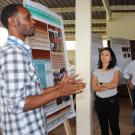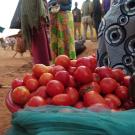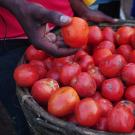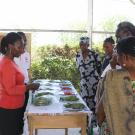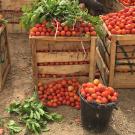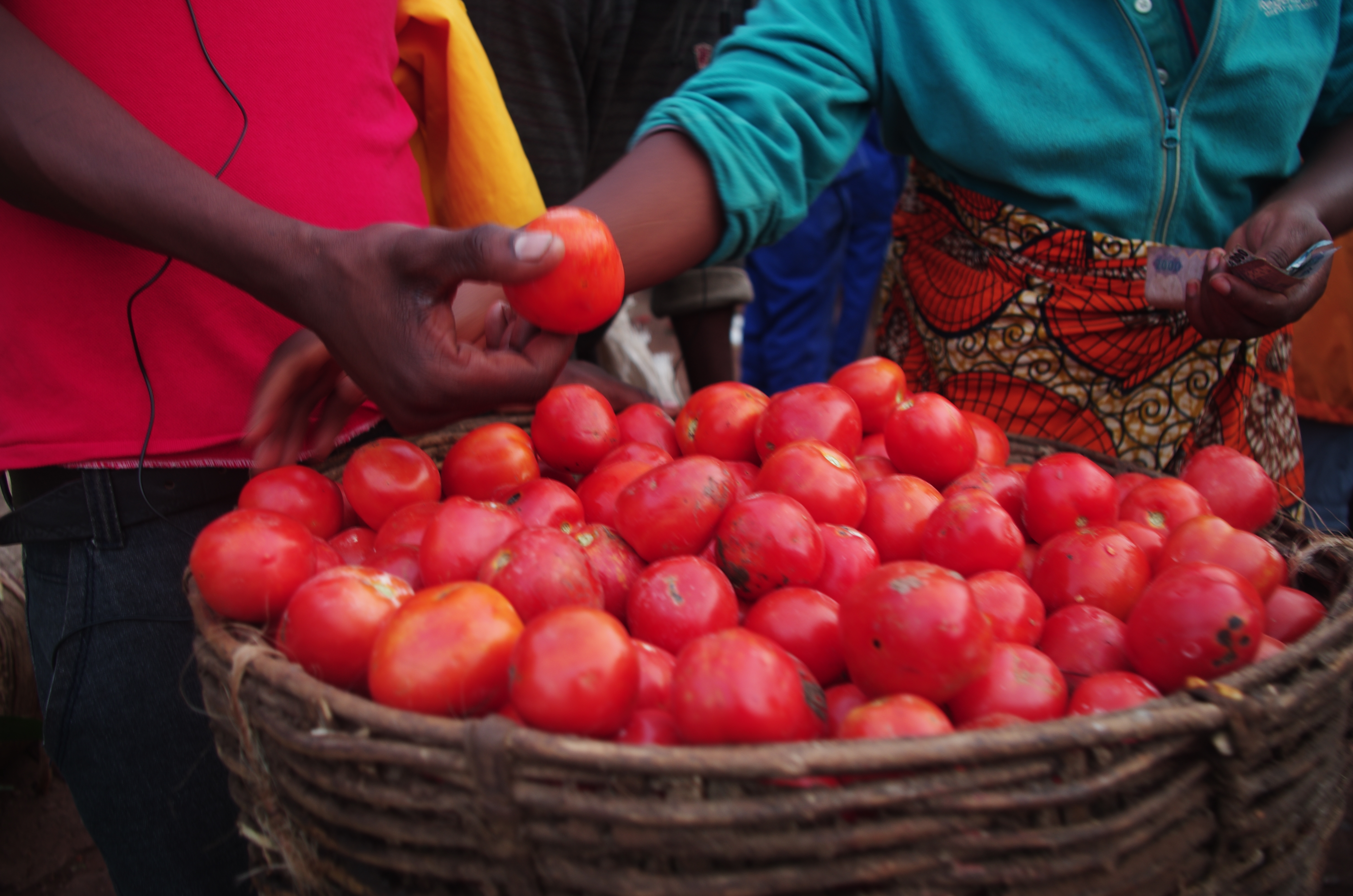
In 2014, the Rwandan National Horticulture Strategy estimates that 1 million rural households in Rwanda grow horticultural commodities, "principally for home use and sale. For most rural households, home-produced fruits and vegetables provide an important source of the micro-nutrients necessary for a healthy balanced diet.”
While simple approaches exist to reduce postharvest losses such as improved handling of horticultural crops, there is no one isolated intervention that has proven effective at mitigating this issue. Postharvest management is a systems-based challenge and requires an integrated innovation strategy that incorporates technological and financial innovations, capacity building across the value chain, enhanced market access and other elements to achieve impact at scale.
This project aims to understand and identify the most efficient ways to reduce postharvest losses in Rwanda, to ultimately increase food security. Overall, the project's work in postharvest innovations and interventions will help farmers and agribusiness enterprises gain better return on investments by adopting appropriate technology and reducing postharvest losses. The project is organized around three main objectives:
- Gaining understanding of postharvest losses, constraints and opportunities in four horticultural crop value chains: The project team will measure postharvest losses using a modified commodity systems assessment methodology (CSAM). The team will also conduct value chain analysis to identify constraints and an environmental assessment to understand farm resource use efficiency. After consulting with stakeholders, the team intends to focus on these four value chains: green chili for export; tomato for regional domestic markets; sweet potato for local markets; and banana for local markets.
- Determining the benefits of introducing postharvest practices and technologies in partnership with three institutions: The team will set up Postharvest Training and Service Centers (PTSC) at three sites with the University of Rwanda, the Ministry of Agriculture and Animal Resources and Rwanda Agriculture Bank, and the National Agriculture Export Board. The team will make recommendations on how to reduce postharvest losses and test these recommendations through experiments at the three PTSC sites. The intervention plan will be vetted by an industry council, for market-based leadership, and also reviewed by a steering committee, to ensure up-to-date postharvest technology and tools are used and so all local stakeholders are involved in the decision making process. The project will also train graduate students in postharvest education, research and extension practices.
- Building entrepreneurial capacity in stakeholders across the value chain: The project will work with farmers and small horticultural business owners to develop their agri-businesses and entrepreneurial capabilities through a strategic business approach and will convene a postharvest agri-business competition.

